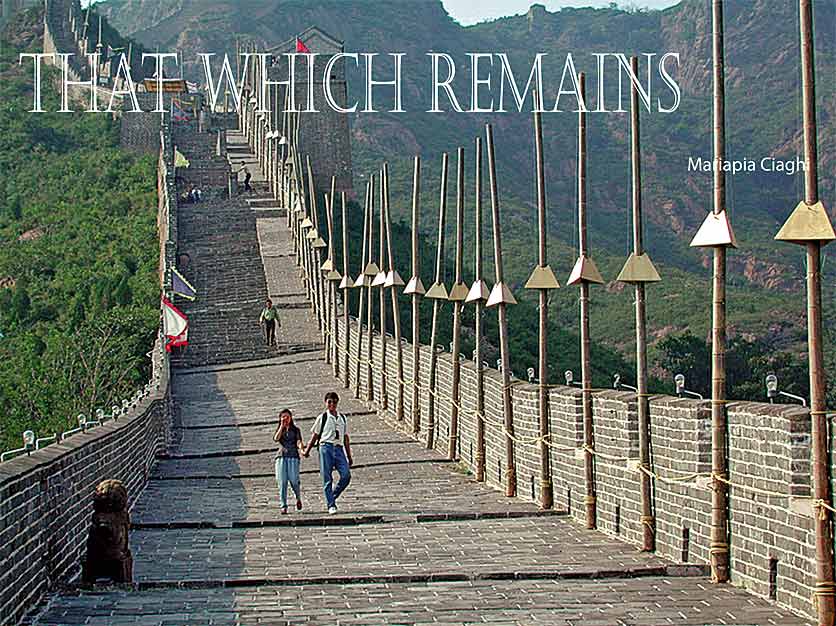| |
(*)
The breakdown of secular and rationalist modernity and the audacity of the crisis was endorsed, but never in our time has human knowledge and will insisted in such a resistance against the unknown.
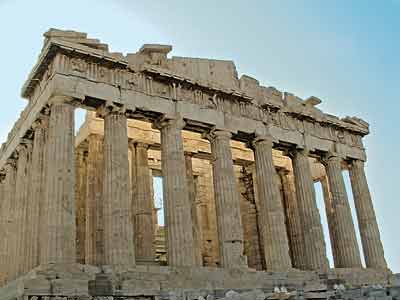 The breakdown of secular and rationalist modernity and the audacity of the crisis was endorsed, but never in our time has human knowledge and will insisted in such a resistance against the unknown. The truth is that our time reveals a prodigious update of the most varied spiritual contents. The interest in primitive cultures has increased by the formation processes: As well as the regional forms, within their respective systems, making every day more important than the last. History is not a cultural cemetery by Spenglarian style, where the creative spirit should pass carefully so that it does not collide with the tombs. On the contrary, those grand formations continue to live and maintain it: its ideals guard sufficient force in order to grant meaning to the intimate wishes of the great human communities and demanding minorities. Illustrious investigators have recognized the radical importance of these cultural “findings” in the same root of vital strength. The world has awoken to its totality and its vision does not offer us anything now through an exclusive cultural prism; this time, the distinct voices possess autonomy. In this respect, it is precise to recognize the greatness of the West in its powerful reactive character in the world; it has put its activism in foreign cultures’ hands the instruments of their own recuperation. Today these formations move their members and an encouragement of life rejuvenates these formations. The breakdown of secular and rationalist modernity and the audacity of the crisis was endorsed, but never in our time has human knowledge and will insisted in such a resistance against the unknown. The truth is that our time reveals a prodigious update of the most varied spiritual contents. The interest in primitive cultures has increased by the formation processes: As well as the regional forms, within their respective systems, making every day more important than the last. History is not a cultural cemetery by Spenglarian style, where the creative spirit should pass carefully so that it does not collide with the tombs. On the contrary, those grand formations continue to live and maintain it: its ideals guard sufficient force in order to grant meaning to the intimate wishes of the great human communities and demanding minorities. Illustrious investigators have recognized the radical importance of these cultural “findings” in the same root of vital strength. The world has awoken to its totality and its vision does not offer us anything now through an exclusive cultural prism; this time, the distinct voices possess autonomy. In this respect, it is precise to recognize the greatness of the West in its powerful reactive character in the world; it has put its activism in foreign cultures’ hands the instruments of their own recuperation. Today these formations move their members and an encouragement of life rejuvenates these formations. 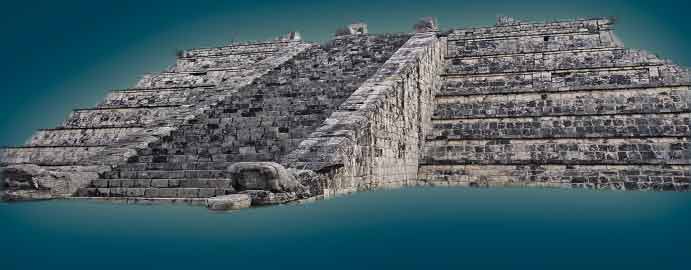 Behold this healthy autonomy of voices that shape new circumstances, a peculiar cultural situation that can carry the scream of deaf hostilities as well as towards an ample dialogue until now, unknown to man. It is possible that the alternative uncertainty presents a bold and dramatic challenge to the spirit of our time. The response of such a creative task can be conceived in the following terms: To strive for worldly dialogue so that the distinct diversity of the cultures does not culminate into a “hostile” meeting. Although it is true that if our generation is given a task to conceive that does not result in the uprising of hate, if it is already given something more to aspire to rather than the expecting cynicism of a supposed destruction, if still they can use their lucidity in something else than in the analytical Behold this healthy autonomy of voices that shape new circumstances, a peculiar cultural situation that can carry the scream of deaf hostilities as well as towards an ample dialogue until now, unknown to man. It is possible that the alternative uncertainty presents a bold and dramatic challenge to the spirit of our time. The response of such a creative task can be conceived in the following terms: To strive for worldly dialogue so that the distinct diversity of the cultures does not culminate into a “hostile” meeting. Although it is true that if our generation is given a task to conceive that does not result in the uprising of hate, if it is already given something more to aspire to rather than the expecting cynicism of a supposed destruction, if still they can use their lucidity in something else than in the analytical 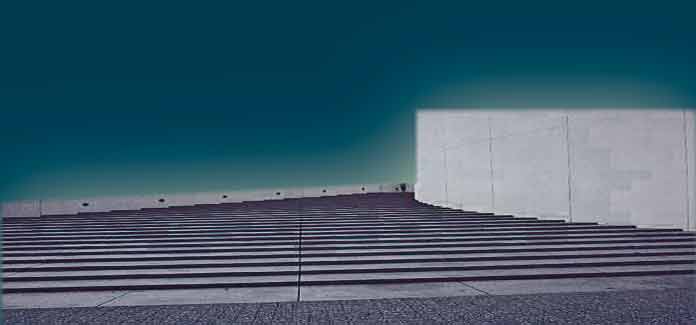 complacency of their own sores, it is possible that one of these major goals consists of the precise means for which the philosophical components and the ideals of diverse cultures can begin the steps towards a mutual understanding. If it is true that every culture embodies the primacy of distinctive values and a determined cosmovision, it is the hope that these personal partial traits do not become an inevitable rejection. On the contrary, this unilateralism could might as well be the complementary answer to the solitude of the opposite value. In the vitality that today great spiritual traditions manifest, it strives for the moral demand of a radical opening towards “the other”. Unfortunately, cultures are not immune to egoistic intoxication: self sufficiency, a sublimed form of isolation and fear, is taken irremissibly to the internal sterility and to the external aggression. Never will there be too much insistence for exposure, for example, these pathological forms of egoism that are evident in imbued cultures of a Messianic impulse, in villages “marked” for the missions to save humanity, in the “chosen” languages as the only way to express “all that is sacred”, etc. Behind all of these fortunate plans of sacrifice for man, he incubates uncontrolled violence and above all, a complete blindness towards foreign values, a result of discrimination complacency of their own sores, it is possible that one of these major goals consists of the precise means for which the philosophical components and the ideals of diverse cultures can begin the steps towards a mutual understanding. If it is true that every culture embodies the primacy of distinctive values and a determined cosmovision, it is the hope that these personal partial traits do not become an inevitable rejection. On the contrary, this unilateralism could might as well be the complementary answer to the solitude of the opposite value. In the vitality that today great spiritual traditions manifest, it strives for the moral demand of a radical opening towards “the other”. Unfortunately, cultures are not immune to egoistic intoxication: self sufficiency, a sublimed form of isolation and fear, is taken irremissibly to the internal sterility and to the external aggression. Never will there be too much insistence for exposure, for example, these pathological forms of egoism that are evident in imbued cultures of a Messianic impulse, in villages “marked” for the missions to save humanity, in the “chosen” languages as the only way to express “all that is sacred”, etc. Behind all of these fortunate plans of sacrifice for man, he incubates uncontrolled violence and above all, a complete blindness towards foreign values, a result of discrimination 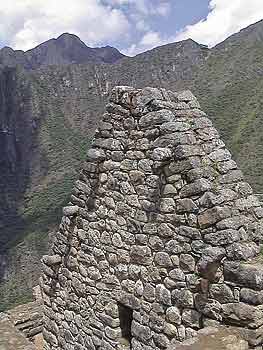 within his own values, that have deteriorated to the level of an instrument in a voluntary empire. But the opposite of this threat is exercising the open intention of that which is foreign, it is the attention for new cultural forms as well as for the older forms, above all, a spirited dialogue between the great traditions, an exchange of the ideals most dearest and contradictory, and a wide path for the audacious transfigurations. For instance, to attempt, the experience of weaving a spiritual plot with thread of an archaic, aesthetic ideal that in the Asian lands pondered its own peculiar intuition of cosmos and the thread of the Prometaic soul that it has carried its scientific impulse of curiosity and dominion until its most recent limits. Asking oneself about the secret connections between the meaning of Nihilist affection and the absolute productive frenzy, this idolatry immediately, in other cultures, became great, temporary creations. Attempting the most open form of dialogue between the forests’ wild divinity, the land’s imbued silent breath and that of the subjectivist and desperate divinity that solitarily grows in the deaf corners of the cosmopolitan city. To establish a link between the cultures that believed in a last reality, the super worldly and those others that refused the metaphysical but, on the other hand, forged grandiose replacements. To see if in the plans of knowledge the wisdom of the myths can exchange, with methodical reason, intelligible words. Above all, to study the way to internally bind the nostalgic task that in some cultures is conceived as the only insistent abstract reason, with the style of others where knowledge is the heart’s trade, a commitment to the whole body. within his own values, that have deteriorated to the level of an instrument in a voluntary empire. But the opposite of this threat is exercising the open intention of that which is foreign, it is the attention for new cultural forms as well as for the older forms, above all, a spirited dialogue between the great traditions, an exchange of the ideals most dearest and contradictory, and a wide path for the audacious transfigurations. For instance, to attempt, the experience of weaving a spiritual plot with thread of an archaic, aesthetic ideal that in the Asian lands pondered its own peculiar intuition of cosmos and the thread of the Prometaic soul that it has carried its scientific impulse of curiosity and dominion until its most recent limits. Asking oneself about the secret connections between the meaning of Nihilist affection and the absolute productive frenzy, this idolatry immediately, in other cultures, became great, temporary creations. Attempting the most open form of dialogue between the forests’ wild divinity, the land’s imbued silent breath and that of the subjectivist and desperate divinity that solitarily grows in the deaf corners of the cosmopolitan city. To establish a link between the cultures that believed in a last reality, the super worldly and those others that refused the metaphysical but, on the other hand, forged grandiose replacements. To see if in the plans of knowledge the wisdom of the myths can exchange, with methodical reason, intelligible words. Above all, to study the way to internally bind the nostalgic task that in some cultures is conceived as the only insistent abstract reason, with the style of others where knowledge is the heart’s trade, a commitment to the whole body. 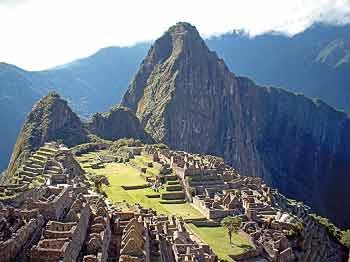 Nevertheless, if our generation were able to answer efficiently the challenge of the “meeting” of cultures, if it were possible to establish a communication between these voices, without a doubt they would become a conception more humanly fraternal in order to assume the faces of others just like their own, the manifestation of a migrating and fraternal universalism, the use of a peculiar human understanding as an obligation of man here, there and now, with the neglected man of those nominations that has contributed to separating their similarities. The expression, in sum, that of an ideal which aspires to abolish all mediation of that which is human. The major cultures are completely open; they are enriched by their contacts with all that is different and an active, internal nucleus propels them outside of their own limits. The more profound and creative the borders are, the more impreciseness comes as a result. In the present, a genuine culture of willingness will be the one that stimulates the spiritual nomadism of man and woman and will teach them to not become insane rather to recuperate with all access to the heart of all that is distant. If this insistence grew with strong roots, without a doubt the own image of man will have changed and a new image, more universal and full, will have begun. Nevertheless, if our generation were able to answer efficiently the challenge of the “meeting” of cultures, if it were possible to establish a communication between these voices, without a doubt they would become a conception more humanly fraternal in order to assume the faces of others just like their own, the manifestation of a migrating and fraternal universalism, the use of a peculiar human understanding as an obligation of man here, there and now, with the neglected man of those nominations that has contributed to separating their similarities. The expression, in sum, that of an ideal which aspires to abolish all mediation of that which is human. The major cultures are completely open; they are enriched by their contacts with all that is different and an active, internal nucleus propels them outside of their own limits. The more profound and creative the borders are, the more impreciseness comes as a result. In the present, a genuine culture of willingness will be the one that stimulates the spiritual nomadism of man and woman and will teach them to not become insane rather to recuperate with all access to the heart of all that is distant. If this insistence grew with strong roots, without a doubt the own image of man will have changed and a new image, more universal and full, will have begun.
Taken from “Lo permanente” (that which remains) published in the April 2002 issue of El Fingidor magazine, University of Granada 2002
(*) Installation by the Italian artist Luigi Berardi, 2000. A hundred Aeolian harps were placed at regular intervals along the Wall’s communication trench. After tuning they were left for the wind to produce harmonies which merged into the background, making audible that which is “sensible”, but not normally perceived by the listener. It was an artistic event of environmental interaction and acoustic aesthetics.
|
|
